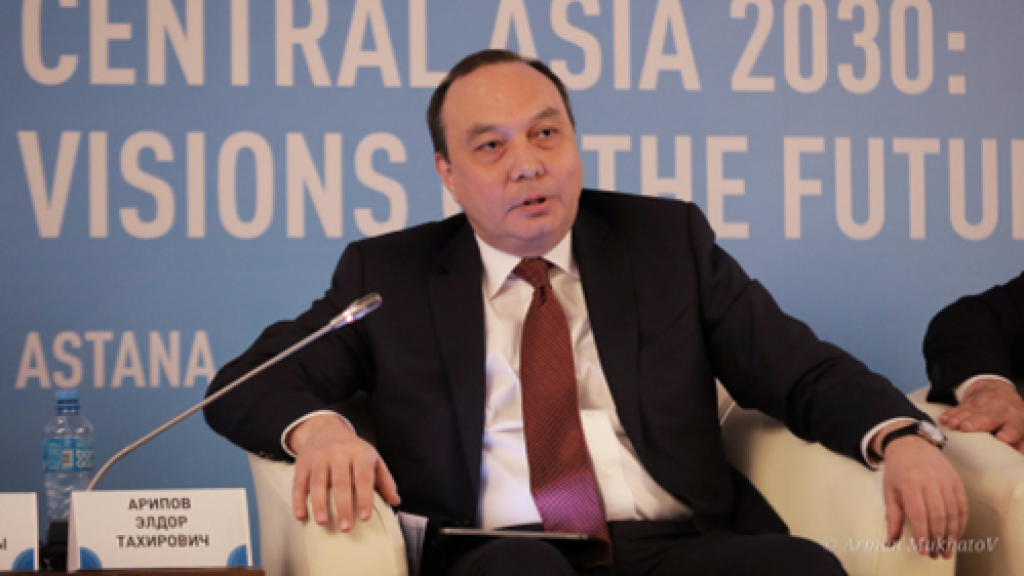Eldor Aripov: “Regional cooperation will not work if the mechanisms of interaction in specific areas do not work”
At the Expert Meeting “Central Asia 2030: Visions of the Future”, the Director of the Institute for Strategic and Regional Studies under the President of Uzbekistan (ISRS) Eldor Aripov shared his vision of the future of Central Asia.
“The question of what kind of Central Asia we want to see in 2030 is extremely important. Without coordinating our approaches on this issue, we will not be able to move forward”, the ISRS Director said at the event.

According to him, “the ideal model of Central Asia is a consolidated and cohesive region, free from internal disputes and contradictions, united by common interests and priorities, based on values and traditions shared by all”.
“The main thing we should focus on is overcoming the existing fundamental differences that are still holding back regional cooperation processes, including settling border issues. Borders should unite us, not divide us”, the speaker noted.
In this context, the ISRS representative emphasized that the President of Uzbekistan has repeatedly noted that “our borders can and should become bridges of friendship and good neighborliness”.
“Therefore, despite all the differences, it is important to reach a mutually acceptable compromise. It is important not only for specific two countries bordering each other. It is important for the region as a whole”, Mr. Eldor Aripov said.
“The second element of the ideal model can and should be Central Asia, which has at its disposal all the necessary platforms and mechanisms for dialogue and cooperation”, the ISRS Director said.
According to the ISRS representative, regional cooperation will not work in full measure if the interaction mechanisms in specific areas of interest to everyone – from the economy and trade to education and culture, do not work.
As Mr. Aripov noted, the third element of the ideal model of Central Asia in 2030, which in fact should become a fundamental, supporting structure, is regional identity.
On January 20 this year, Astana hosts the Expert Meeting “Central Asia 2030: Visions of the Future”.
It is attended by heads of institutes for strategic studies under the President of the Central Asian countries, as well as experts for regional cooperation, representatives of state bodies of the Republic of Kazakhstan.







